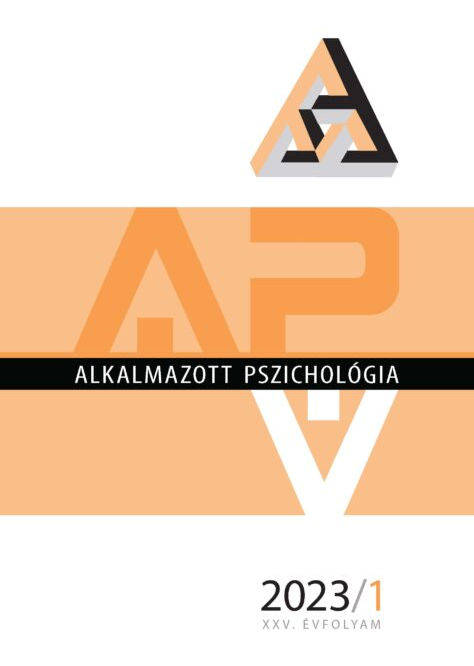THE ROLE OF LIVED RELIGIOSITY IN RECOVERY-CENTERED ADDICTION INTERVENTION
DOI:
https://doi.org/10.17627/ALKPSZICH.2023.1.99Keywords:
religiosity, intrinsic-extrinsic, alcoholism, case study, qualitative, comparativeAbstract
Background and aims: Adaptively lived religiosity is primarily perceived as an attitude with a preventive function. However, empirical research has paid little attention to the role of lived religiosity in the therapeutic process of individuals with existing psychological and/or other illnesses, such as addiction. This research aims to address this gap.
Methods: This qualitative case study employs semi-structured interviews to examine the intrinsic (mature) and extrinsic (immature) dimensions of lived religiosity, as well as the relationship between recovery and sustained abstinence. The study compares two individuals affected by alcohol addiction.
Results: The findings of our study indicate that intrinsic religiosity plays a supportive role in promoting recovery and has a positive impact on sustained abstinence.
Discussion: Given the significance and importance of this topic, further research is warranted.There is potential for the development of targeted programs that incorporate the promotion of intrinsic religiosity as part of the therapeutic approach.
